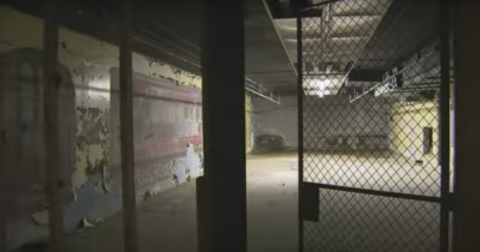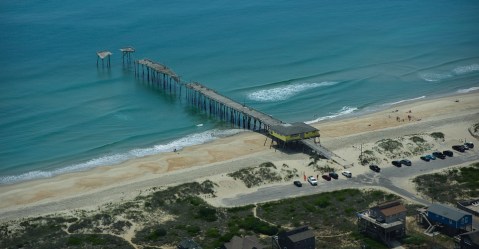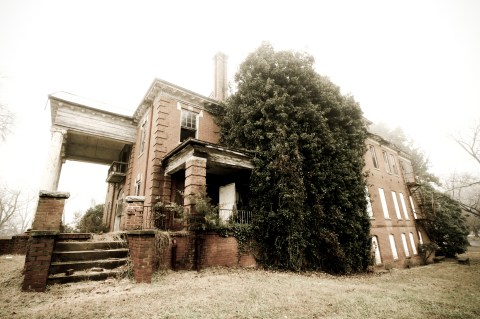This Creepy School In North Carolina Is Still Standing… And Still Disturbing
In 1909, Stonewall Jackson Manual Training and Industrial School opened as a home for troubled youth. The crimes and ‘troubles’ of the youth generally included minor scrapes with the law and issues at school. The boys were sent here for crimes and injustices that would today result in suspension or even a slap on the wrist.
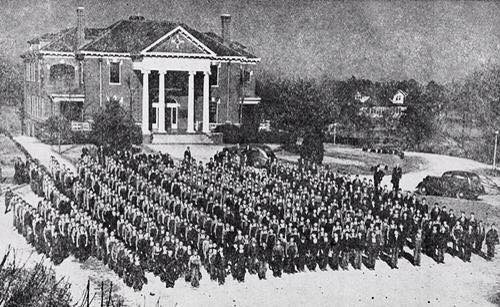
At its start, the place was considered a progressive institution for housing troubled youth separate from prisoners.
"At the school, the young men lived in a series of dormitory style buildings, and received an academic education as well as learning a trade. Students worked in industries including shoemaking, printing, barbering, textiles, and a machine shop. Many of the young men worked on the school’s farm, learning modern agricultural techniques, and maintaining the fields and cattle herds that supported the school. The print shop produced a small newspaper called The Uplift."
But many disturbing secrets and practices went on behind closed doors.
"At the school, the young men lived in a series of dormitory style buildings, and received an academic education as well as learning a trade. Students worked in industries including shoemaking, printing, barbering, textiles, and a machine shop. Many of the young men worked on the school’s farm, learning modern agricultural techniques, and maintaining the fields and cattle herds that supported the school. The print shop produced a small newspaper called The Uplift."
But many disturbing secrets and practices went on behind closed doors.
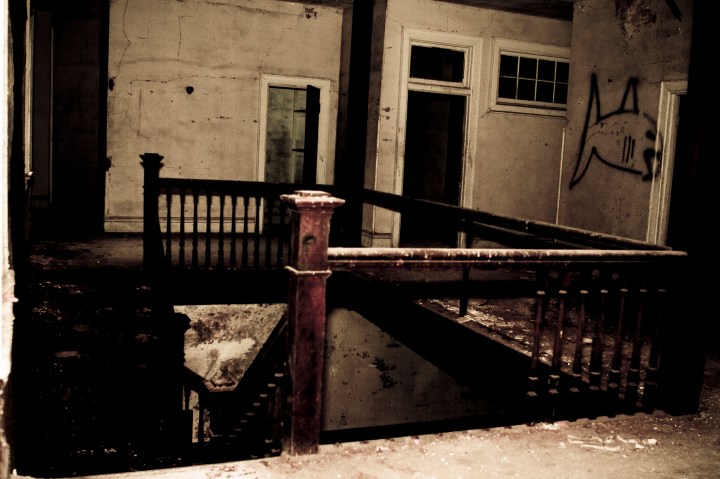
In 1948, the state increased its efforts to prevent 'feeblemindedness.'
Six boys suffered vasectomies and sterilization. During this time, North Carolina was one of the last states to still perform sterilizations on people under state care.
Six boys suffered vasectomies and sterilization. During this time, North Carolina was one of the last states to still perform sterilizations on people under state care.
Advertisement
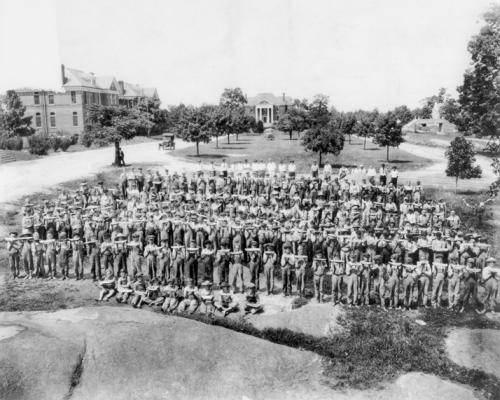
Throughout its time, Stonewall Jackson was repeatedly criticized for its mistreatment of boys. Most commonly the severe abuse of boys, overcrowding, and prisoner violence.
Advertisement

At its peak, the facility held 500 youths. It became a place where horrific incidents were the norm. Including violence, rape, beatings, and inhumane conditions.
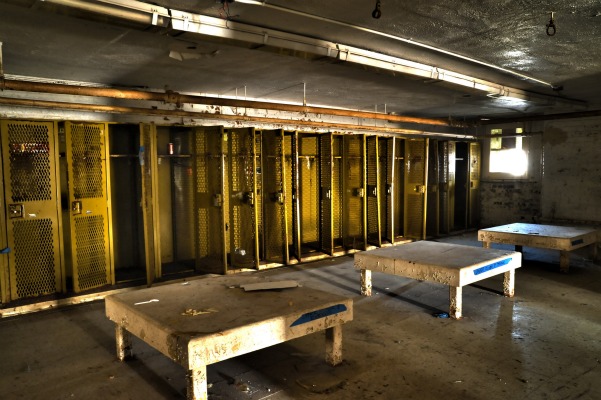
One former boy who attended the school was so traumatized by events he witnessed and experienced, he became a prison activist.
Russell Smith attended the school in the 1960's from age 13-15. He founded two coalitions supporting equal rights for all prisoners. He also brought to light the horrible treatment and practices that occured behind closed doors. Soon, the whole state and nation began to think differently about this 'boys school.'
Russell Smith attended the school in the 1960's from age 13-15. He founded two coalitions supporting equal rights for all prisoners. He also brought to light the horrible treatment and practices that occured behind closed doors. Soon, the whole state and nation began to think differently about this 'boys school.'
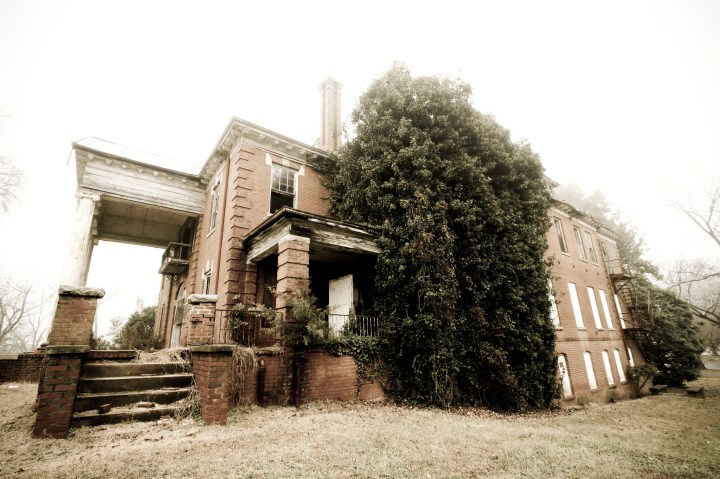
By the 1970's the whole nation shifted to reform its treatment and views on 'troubled youth' and detention centers. Many believed the old treatments for 'minor offenses' were too harsh, and thus, as the country changed, Stonewall Jackson dramatically decreased in size.
Its name was changed to 'Stonewall Jackson Youth Development Center.' But the site of the real horrors is now decayed, abandoned, and full of terrible, sad, and heartbreaking energy.
Its name was changed to 'Stonewall Jackson Youth Development Center.' But the site of the real horrors is now decayed, abandoned, and full of terrible, sad, and heartbreaking energy.
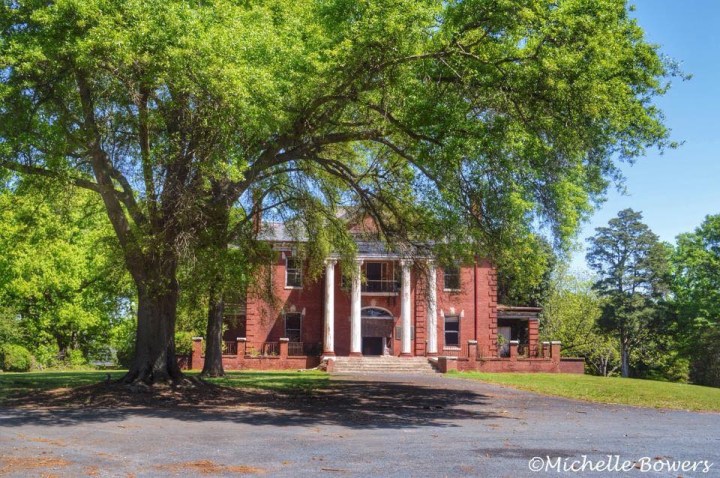
It's heartbreaking, and hard to believe such horrific and disturbing events occurred. Many to victims who were not 'troubled' but misunderstood.
Today, you can find what's left in Concord.
Today, you can find what's left in Concord.
Have you heard of this place before? Have you visited for yourself? Better yet, do you have any personal stories tied to Stonewall Jackson Reform School? Tell us in the comments.
OnlyInYourState may earn compensation through affiliate links in this article. As an Amazon Associate, we earn from qualifying purchases.

